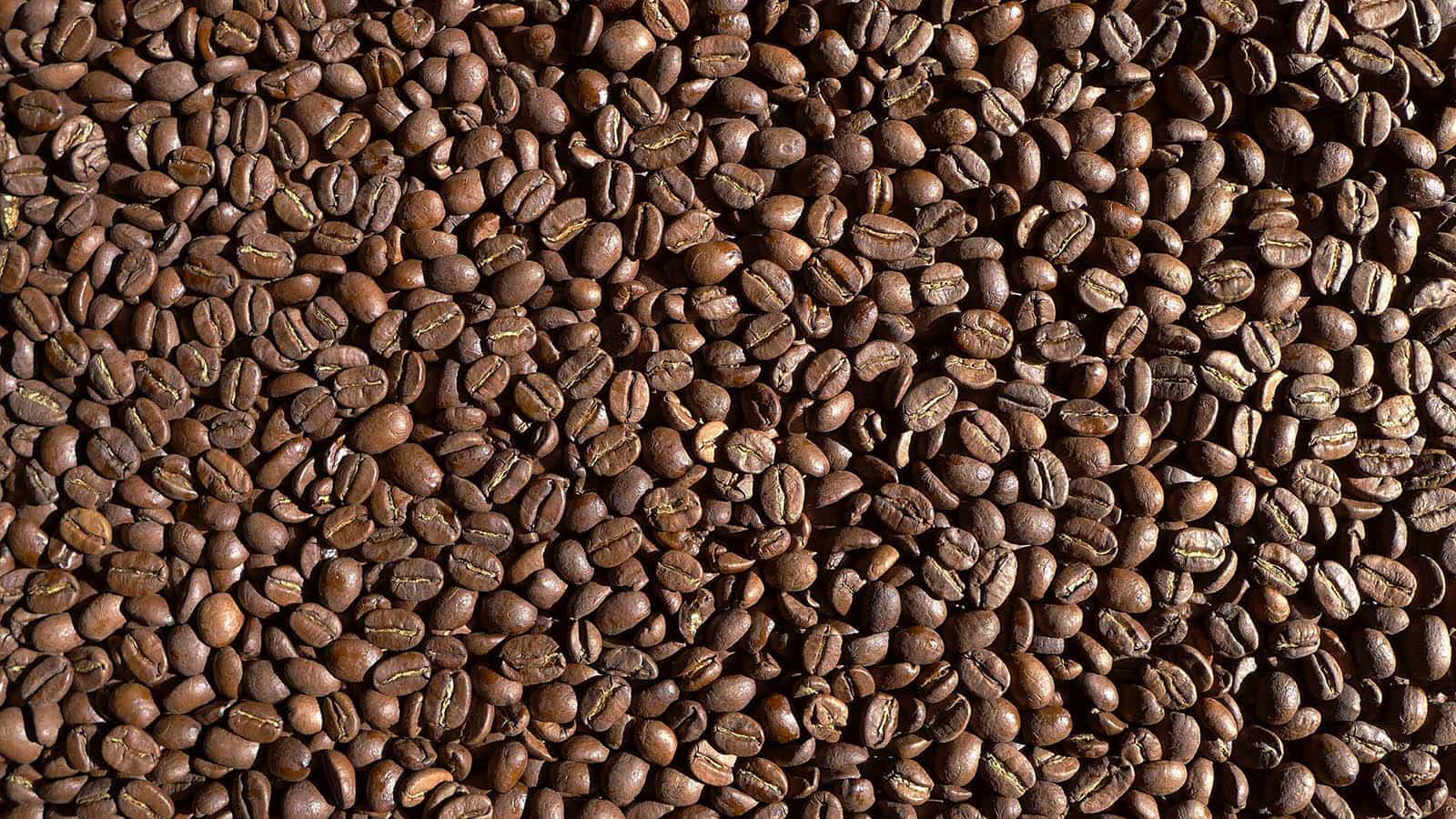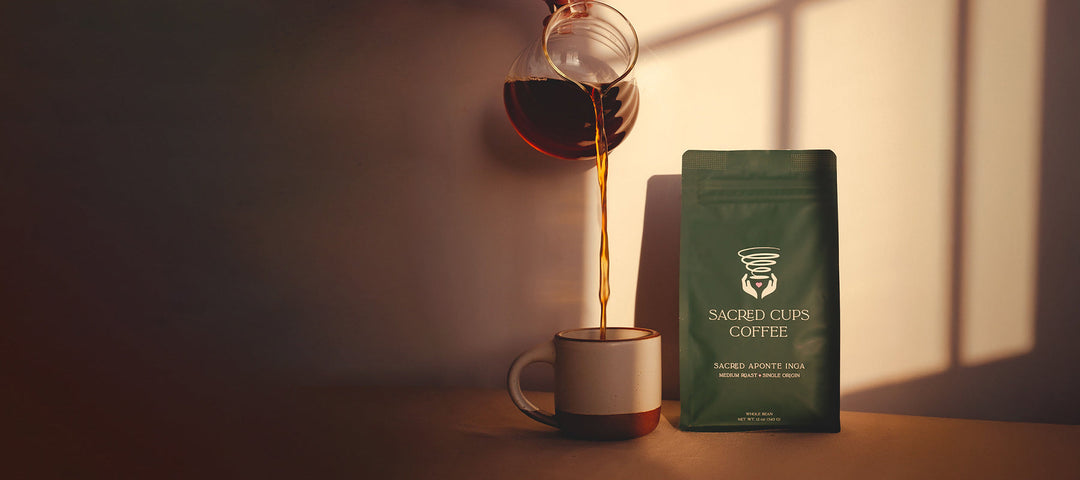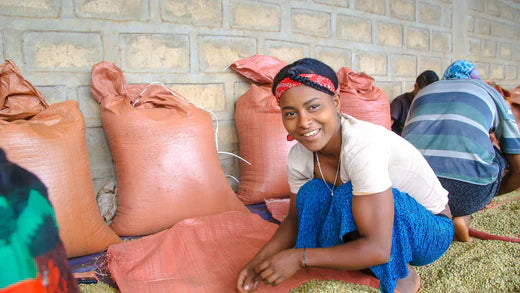You probably already know a little bit about why organic coffee is good for you. When you sip coffee brewed from organic beans, you can bask in the knowledge that people in the communities who grow your coffee beans are not exposed to dangerous chemicals and that the sustainability of the environment is not being damaged. It gives you the certainty that you’re not ingesting pesticide residues with your daily pick-me-up.
You can rest assured that there are fewer toxins standing in the way of your daily dose of antioxidants. Many customers even choose an organic coffee subscription to make sure they never miss out on these benefits.
But what if organic coffee could be improved even further?
As it turns out, Specialty Grade mold free coffee is far better than organic in more ways than one.
Yes--premium ground coffee with organic certifications alerts consumers to the fact that the coffee is grown and harvested in an environmentally sustainable way and doesn’t dose them with chemicals. Specialty grade certification, however, goes the extra mile to ensure the health of every coffee-loving individual who looks forward to the smell and taste of a fresh brew. Specialty grading goes further by following the beans further along the process all the way into your mug. Specialty grade coffee is grown in ideal climates and the beans themselves have near zero defects and are subject to thorough, rigorous testing. To qualify as specialty grade, the coffee must score an 80 or higher on a 100 point scale. For many consumers, seeking out high cga coffee within this category ensures not just purity but also elevated health benefits.
While only 3% of the world’s coffee is organically grown, less than 1% is specialty grade organic.
Grown in ideal climates
To receive a specialty grade certification, the coffee beans must have been grown in ideal climate and soil conditions, handpicked, and hand sorted. Only arabica beans can be considered specialty grade, grown at just the right altitude and climate and picked at the peak level of ripeness. This always means over 2,000 feet in altitude and often between 4,000 and 6,000 feet. Moisture content of the beans must be between 9–13%, which helps avoid mold and mycotoxin development as well as the fermentation that leads to kidney-damaging Ochratoxin A. Some countries that are known for frequently producing specialty grade coffee include Columbia, Indonesia, Costa Rica, and Ethiopia.
Bean Shape and Quality
Specialty grade certification is only awarded to beans picked under the right conditions with “near zero” defects. For example, no “quakers” are allowed in the batch, which is the name for unripened beans. Beans that are too large or too small (within 0–5% of a predetermined size) are removed by hand, as are chipped beans. There also cannot be “foxy” beans, which have adopted the orange color of the coffee berry and are a sign of sourness.
We know what you’re thinking. What difference could the shape of a coffee bean possibly make? Turns out an awful lot!
Think about it: when you cook vegetables, you want all the pieces to be about the same size so they end up cooking evenly. The same goes for when you roast coffee beans, especially with options like best organic cold brew coffee that emphasize quality and consistency. If a green coffee bean is misshapen or underripe, it won’t roast to the same level as the other beans. This could lead to some of the beans being over-roasted or even burned. Burned coffee beans develop compounds called polycyclic aromatic hydrocarbons (PAHs), which have been proven in lab studies to cause cancer in rats. That’s why uniformity of the chosen beans is not only important to flavor, but also to the quality you expect from pure decaf coffee, maximizing both safety and health potency. For similar reasons, many consumers now look for non toxic acrylamide free coffee as part of their daily routine, reducing unnecessary exposure to harmful compounds while still enjoying a rich cup.
Flavor, Aroma, and Defects
Once the beans have been harvested and hand-selected, it’s time for more testing by members of the Specialty Coffee Association of America (SCAA). Designated experts called “cuppers” test a very carefully measured ratio of coffee, roasted for a maximum of eight minutes after being carefully stored in a cool, dry place. Each coffee is tested by multiple people both right after being brewed and after the coffee has had time to cool. They taste fragrance/aroma, flavor, aftertaste, acidity, body, balance, uniformity, sweetness, cup cleanliness and for any defects that may prevent the coffee from qualifying. Defects include off flavors like sour or phenolic (which means the coffee tastes a bit like acetone). After rating all of these different categories, these coffee professionals tally up the grand total, and if it has a score over 80--voila! It earns the coveted title of Specialty Grade.
Purity Coffee starts with organic specialty grade coffee as it’s baseline. While many coffee companies choose to use specialty coffee because of its superior flavor, Purity selects it because it’s the coffee most likely to be free of mold, Ochratoxin A, and other contaminants. We make all of our decisions with health benefits being the primary focus, and we go even further than the SCAA by also testing for mold, pesticides, and other contaminants throughout the process. Acrylamide safe coffee further reinforces this commitment. We at Purity tick all the boxes when it comes to health, and thanks to the specialty grading, you can be sure that a vetted, delightful flavor awaits you as well.








Leave a comment